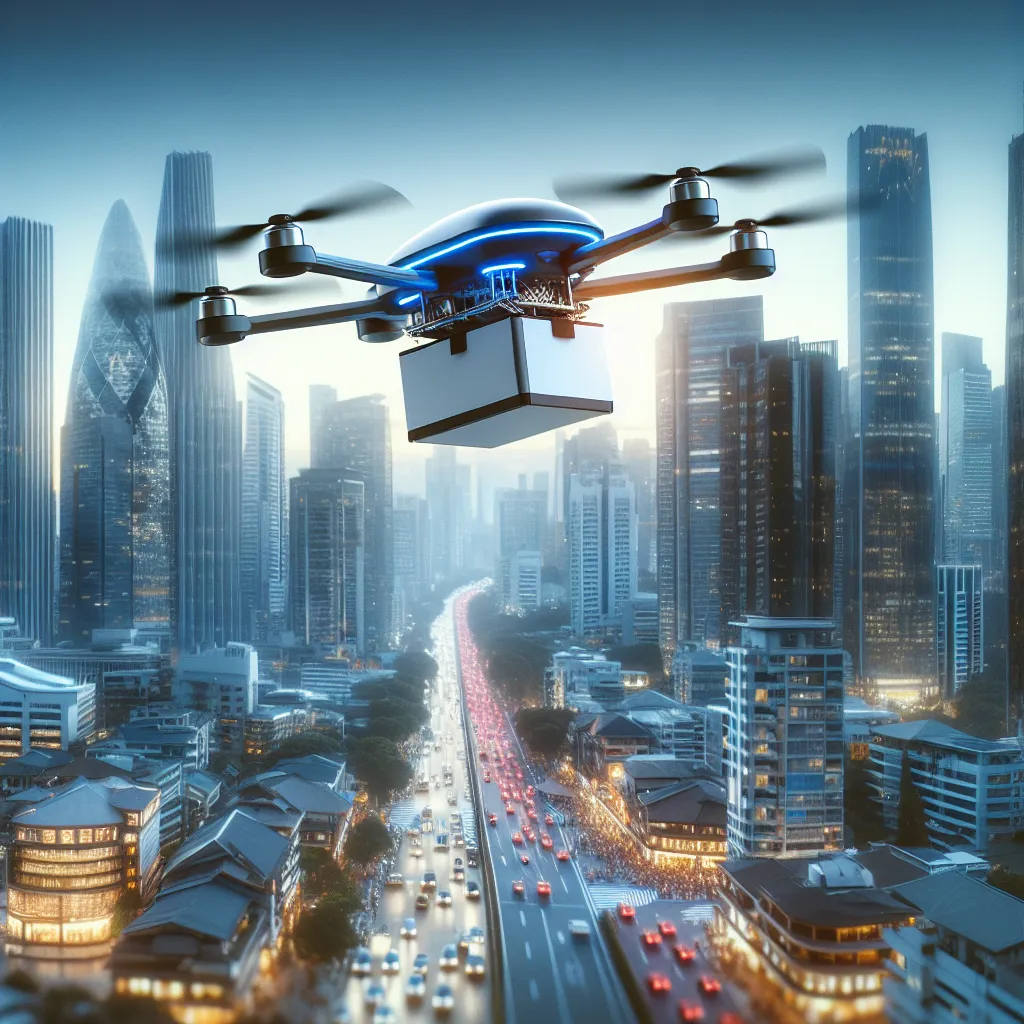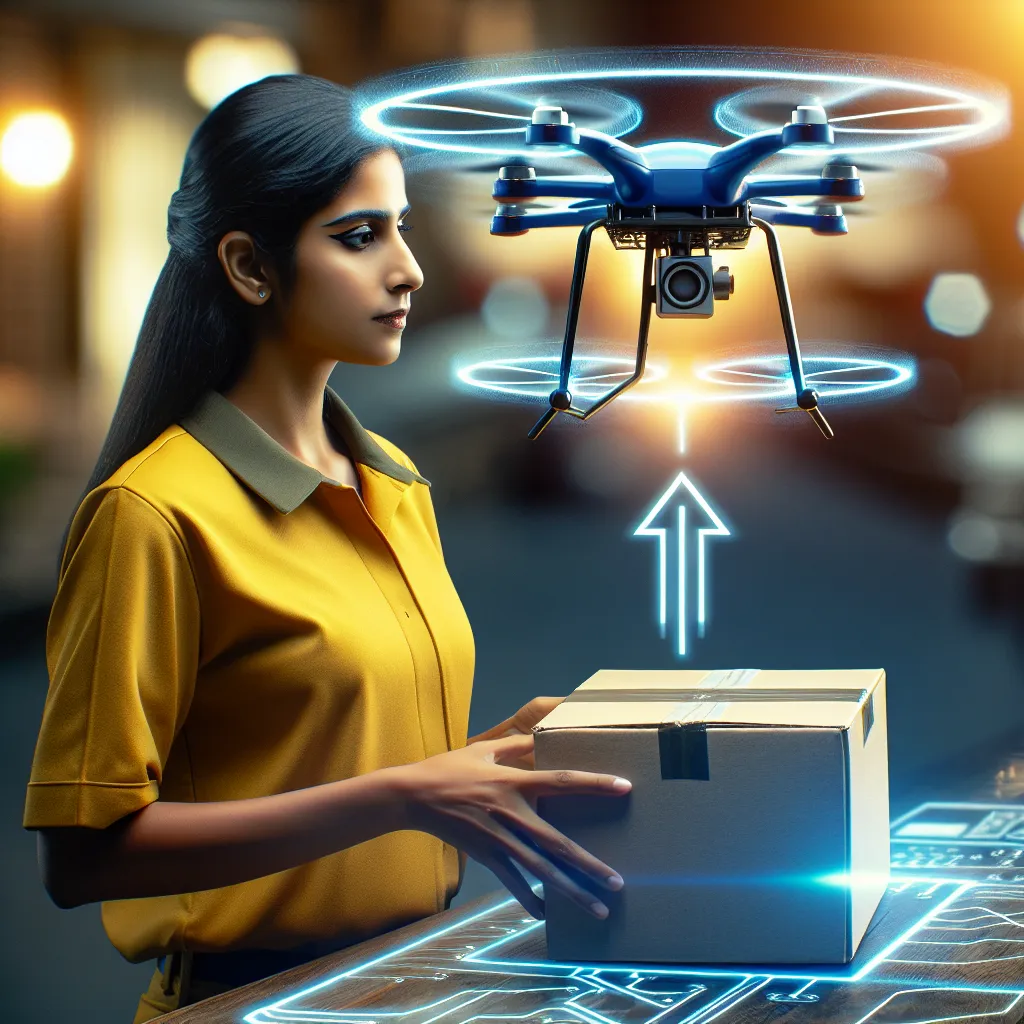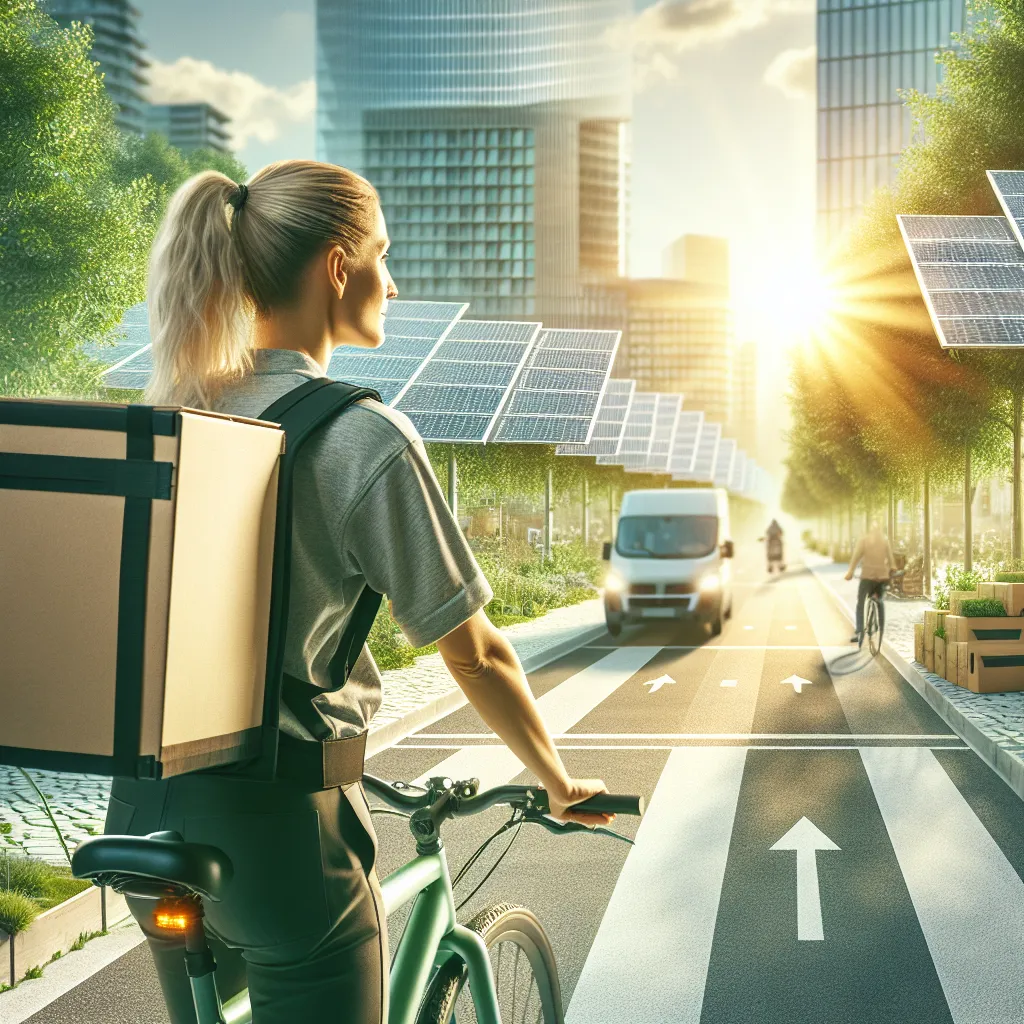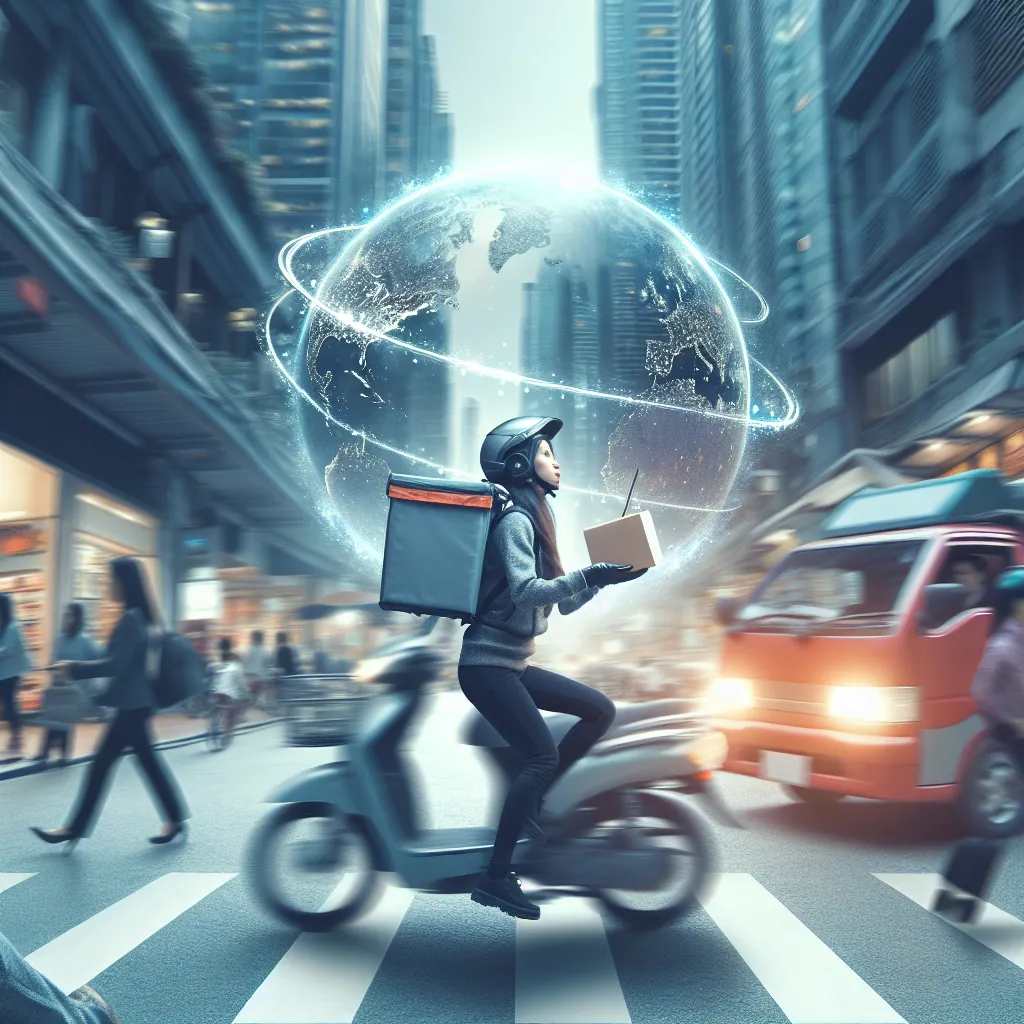Emerging Technologies Revolutionizing Last-Mile Delivery
Emerging technologies are revolutionizing the landscape of last-mile delivery services, bringing unprecedented efficiency, speed, and cost-effectiveness to the process of getting packages from warehouses to consumers’ doorsteps. One of the most notable innovations in this field is the use of drones for delivery. Companies like Amazon and UPS are actively testing and implementing drone delivery systems, leveraging autonomous flying vehicles to navigate congested urban areas and deliver packages in record time. This technology not only promises to reduce delivery times but also has the potential to minimize the environmental impact of traditional delivery methods.
Another groundbreaking technology that is reshaping last-mile delivery is the use of autonomous vehicles. From self-driving cars to delivery robots, these innovative solutions are poised to revolutionize the way goods are transported to customers. By integrating artificial intelligence and advanced sensors, autonomous vehicles can navigate through traffic, avoid obstacles, and optimize delivery routes, all while reducing operational costs for delivery service providers.
Furthermore, the Internet of Things (IoT) is playing a pivotal role in enhancing the efficiency and transparency of last-mile delivery services. By leveraging IoT-connected devices, companies can track and monitor packages in real time, optimize delivery routes based on traffic and weather conditions, and provide customers with accurate estimated delivery times. This level of visibility and control not only improves the overall customer experience but also enables delivery companies to streamline their operations and minimize the risk of misplaced or delayed shipments.
In conclusion, the future of last-mile delivery services is being shaped by a wave of emerging technologies that are set to transform the way goods are transported and delivered to consumers. From drone delivery and autonomous vehicles to IoT-powered logistics, these innovations are revolutionizing the last leg of the supply chain, delivering unprecedented speed, efficiency, and reliability to the delivery process.
Sustainability in Last-Mile Logistics: Challenges and Solutions
The future of last-mile delivery services holds both exciting opportunities and significant challenges, particularly in the context of sustainability. As e-commerce continues to thrive, the demand for efficient last-mile logistics solutions is at an all-time high, leading to increased carbon emissions, traffic congestion, and air pollution in urban areas. Addressing these challenges is critical for the long-term viability of last-mile delivery services.
One of the key sustainability challenges in last-mile logistics is the environmental impact of traditional delivery vehicles. Diesel-powered vans and trucks are the primary mode of transportation for many last-mile delivery operations, contributing to greenhouse gas emissions and poor air quality. Finding alternative, eco-friendly vehicles, such as electric vans or cargo bicycles, is a promising solution to reduce carbon footprint and mitigate the environmental impact of last-mile deliveries.
Another significant challenge is the efficient utilization of delivery routes and reducing the number of failed delivery attempts. Strategies such as route optimization, real-time tracking, and interactive delivery options can help minimize the number of miles driven and the associated emissions. Implementing advanced technologies, like AI-powered route planning and delivery scheduling systems, can also play a crucial role in optimizing last-mile logistics for sustainability.
Furthermore, packaging waste represents a pressing sustainability concern in last-mile delivery services. The prevalence of single-use packaging materials contributes to the mounting environmental burden. Embracing sustainable packaging solutions, such as reusable, recyclable, or compostable materials, can significantly reduce the environmental impact of last-mile deliveries and align with evolving consumer preferences for eco-friendly practices.
In conclusion, achieving sustainability in last-mile logistics requires a multi-faceted approach that encompasses vehicle electrification, route optimization, and sustainable packaging practices. While challenges persist, innovative technologies and a shift towards sustainable business practices offer a promising path forward for the future of last-mile delivery services.
It is essential to prioritize sustainability in last-mile delivery services to mitigate the environmental impact and ensure the long-term viability of urban logistics.
Redefining Customer Experience: Last-Mile Delivery Innovations
As e-commerce continues to soar, last-mile delivery services are becoming increasingly crucial in providing a seamless customer experience. With the rise of innovative technologies, the future of last-mile delivery is set to redefine the customer experience in numerous ways. One of the key aspects of this transformation is the introduction of delivery innovations that aim to enhance convenience, speed, and transparency for consumers.
Smart routing and predictive analytics are revolutionizing last-mile delivery, enabling companies to optimize delivery routes in real-time based on traffic patterns, weather conditions, and customer availability. This not only ensures faster deliveries but also gives customers the flexibility to track their orders with greater precision, enhancing overall satisfaction.
Furthermore, the integration of Internet of Things (IoT) devices in delivery processes allows for real-time monitoring of shipments, temperature-sensitive goods, and precise location tracking. Customers are now able to receive live updates and notifications, giving them a sense of control and transparency over their deliveries.
Additionally, the concept of autonomous delivery vehicles, including drones and self-driving cars, is on the horizon. These vehicles have the potential to revolutionize last-mile delivery by significantly reducing delivery times and expanding access to remote areas, thereby reshaping the traditional delivery model.
Moreover, the growing trend of sustainable and eco-friendly delivery options is shaping the future of last-mile delivery. From electric vehicles to eco-conscious packaging, companies are actively seeking environmentally responsible solutions to meet the evolving demands of conscientious consumers.
In conclusion, the future of last-mile delivery services is poised to redefine the customer experience through an array of innovations, including smart routing, IoT integration, autonomous vehicles, and sustainable practices. By embracing these advancements, companies can not only meet the evolving needs of customers but also set new standards for efficiency, transparency, and sustainability in the delivery landscape.




